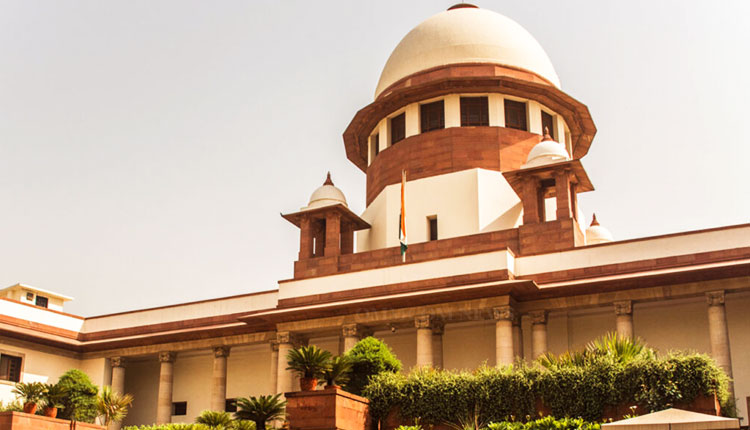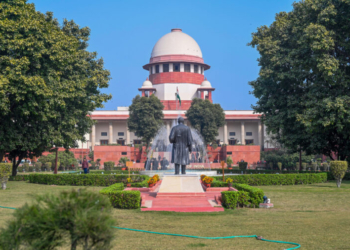New Delhi: The Supreme Court has refused to interfere with a decision of the Rajasthan High Court upholding the 25 per cent domicile reservation at the National Law University (NLU), Jodhpur.
“We are not inclined to interfere with the impugned order in exercise of our jurisdiction under Article 136 of the Constitution of India. The Special Leave Petition (SLP) is, accordingly, dismissed,” a bench of Justices P.S. Narasimha and Atul S. Chandurkar ordered.
The SLP arose from a decision of the Rajasthan High Court, which had dismissed a writ petition filed by CLAT aspirant Anindita Biswas challenging the policy as unconstitutional.
In its order passed on June 10, a Bench of Justices Dr Pushpendra Singh Bhati and Chandra Prakash Shrimali held that the Rajasthan government acted within its policy prerogative in introducing the quota.
It noted that “the State of Rajasthan, being the establishing and funding authority of the University, has issued the impugned notification in exercise of its policy prerogative to promote access to legal education for students domiciled in the State. The said action is neither arbitrary nor unconstitutional per se”.
The petition had argued that domicile-based reservation violated Articles 14 and 15 of the Constitution and was contrary to the National Law University, Jodhpur Act, 1999.
It added that “the reservation for domicile of Rajasthan is manifestly arbitrary, unreasonable, capricious and violative of Article 14 of the Constitution of India”.
However, the Rajasthan High Court disagreed, noting that domicile quotas have been consistently recognised by the Supreme Court.
Referring to the rulings given by the apex court in Dr. Pradeep Jain v. Union of India and Saurabh Chaudri v. Union of India cases, it observed: “Preferential treatment based on residence in a backward region can play a significant role in reducing uneven levels of development and such preferential treatment would presumably satisfy the test of Article 14.”
The judgment also pointed to parity with other NLUs across the country, many of which already provide state-based domicile quotas.
“In the present case, the State of Rajasthan, through the impugned notification, has merely aligned National Law University, Jodhpur with the normative structure followed by its sister NLUs across the country. In doing so, the state has neither acted arbitrarily nor has it breached the statutory scheme,” the Rajasthan High Court observed.
Finding no illegality in the Rajasthan government’s action and dismissing the writ petition, it concluded: “The reservation policy is a constitutionally valid exercise of the State’s discretion in educational matters and does not fall foul of Article 14.”
(IANS)

















